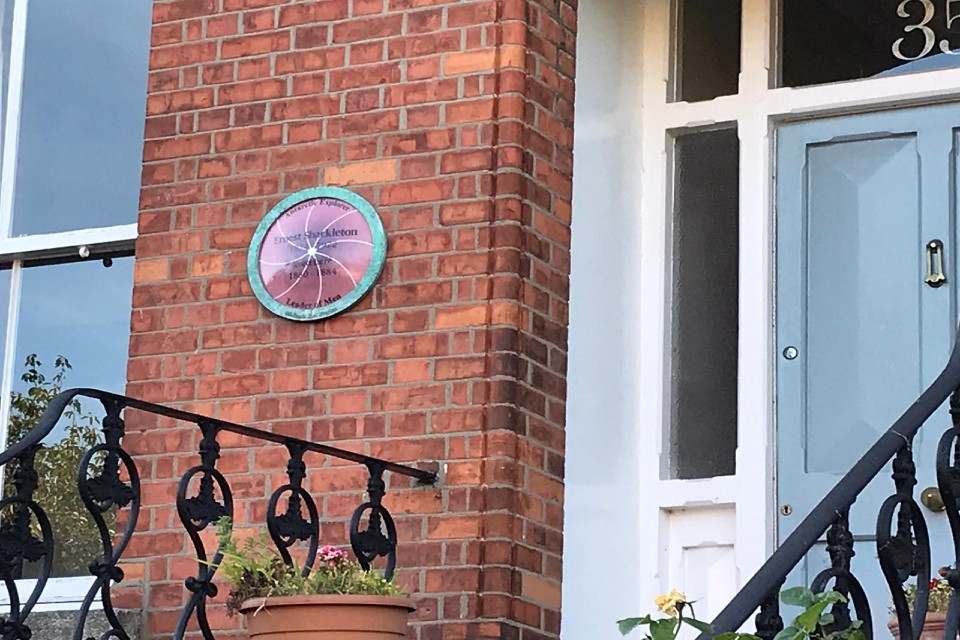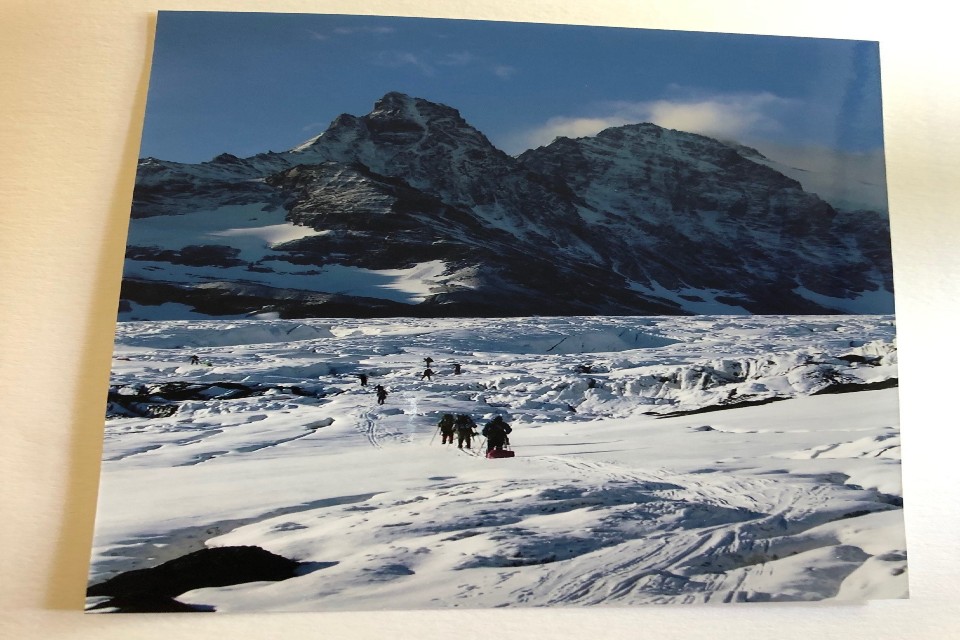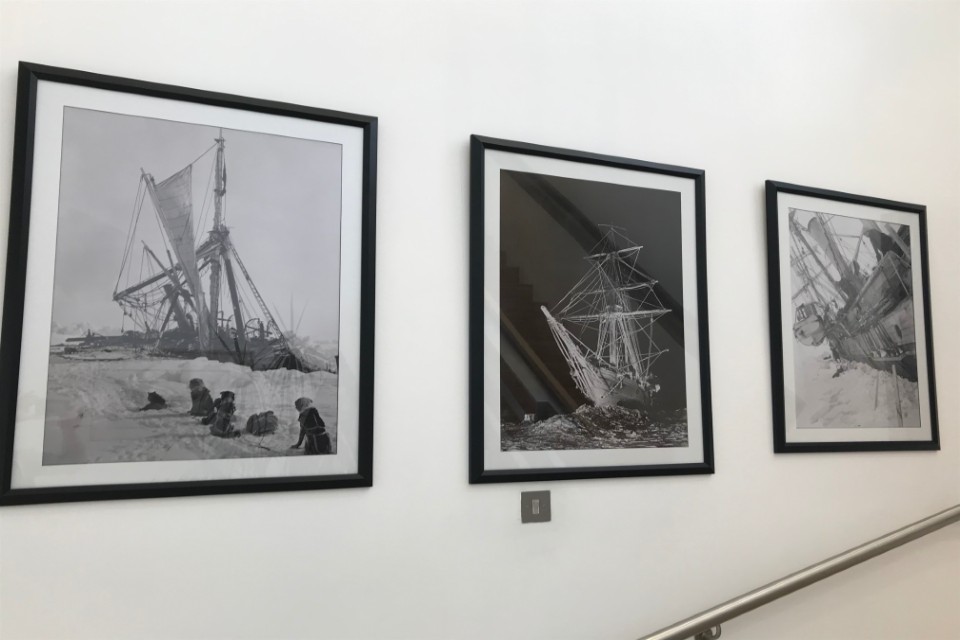We have all had to find sources of inspiration to help us in the last few months. Mine came on one of many local lockdown walks in Dublin, when I passed a house with a plaque to "the Antarctic Explorer and Leader of Men", Sir Ernest Shackleton, whose childhood home it had been. I have been inspired by Shackleton for a long time, since I was 17 and went on an expedition which re-traced his journey to the Antarctic island of South Georgia. But it felt particularly appropriate to find him again now - to be reminded of his story of grit and determination at a time when we have all been searching for these too, and to recall his family motto: "by endurance we conquer".
Because if I had to sum up 2020 so far in one word it would be endurance. For me, as I imagine for most of us, this has been a period we have just had to get through, separated from family and friends and unable to do so many of the things we enjoy. As many restrictions were relaxed this week, you could almost feel the national sigh of relief. We can make plans again, see people who for the past four months have only apparently existed on Zoom, begin to have fun. But even in this new normal, for as long as we continue to live with coronavirus, I suspect we'll need endurance - and on that there is much we can learn from Shackleton.

Shackleton's childhood home in Donnybrook, Dublin
Shackleton's challenges may not on the surface look much like our own. When the man from Kildare, by then a veteran of two previous British Antarctic expeditions, set off from London in 1914 on his ship Endurance, it was in the hope of being the first to cross the Antarctic continent. It was a task he knew would be "most dangerous, difficult, and strenuous work, that has nearly always involved a certain percentage of loss of life."
Famously, he failed. The ship was crushed in the ice, had to be abandoned, and he set himself a new task: "to reach land with all members of the expedition". Between October 1916 and April 1917 Shackleton and his men drifted with the ice flow. They then struck out on three small life boats, eventually making it to the rocky outcrop of Elephant Island. With much of the crew suffering from frostbite and exhaustion, and with limited provisions, Shackleton decided that he and 5 others would have to mount a rescue mission by sailing 800 miles across treacherous seas in an open boat to the whaling stations on South Georgia. They took only enough food for a month. They left 22 men on Elephant Island not knowing if rescue would come.
Improbably, after 15 days at sea and hurricane-force winds, Shackleton did reach South Georgia, but landed on the wrong side of the island and had to cross the previously unclimbed mountains on foot. When they finally arrived at the whaling station, the manager did not recognise them. It took a further four 4 months to get back to Elephant Island, where incredibly, he found all members of the crew still alive.
I have always felt a very personal connection to Shackleton. I had a small taste of some of what he faced when I was one of a group of young people who travelled to South Georgia to carry out scientific surveys and search for the stove he abandoned in the mountains, when he heard the whistle from the whaling station and knew he was safe. The month we spent there, in tents and on boil-in-the-bag rations, was certainly the biggest test of physical endurance of my life. As for mental endurance, the isolation and uncertainty felt by so many during coronavirus have been tougher. Not knowing whether he would make it back to Elephant Island, or what he would find if he did, Shackleton surely had to overcome his share of mental struggles too, and perhaps these were not so dissimilar to ours.

South Georgia's mountainous interior with glaciers and crevasses
Another Antarctic explorer, Sir Raymond Priestley said of his three best known contemporaries: "For scientific discovery give me Scott; for speed and efficiency of travel give me Amundsen; but when disaster strikes and all hope is gone, get down on your knees and pray for Shackleton." Shackleton himself identified four qualities as essential for overcoming adversity: optimism, patience, idealism, courage. DCU and the Shackleton committee in Athy have produced a great set of podcasts looking at the relevance of each of these during the current pandemic, which you can find here - and they have rightly suggested a fifth, kindness. Above all for me, Shackleton's ability to keep himself and those around him going when faced with yet another obstacle, is what set him apart and why he should be celebrated.

Photographs from Shackleton's Endurance expedition in British Embassy Dublin
At the British Embassy in Dublin we are privileged to have on our walls a number of photographs from the Endurance expedition. They were hung for the 100th anniversary to honour Shackleton as a great figure in the history of British and Irish Antarctic exploration. Like many workplaces, we have been operating the Embassy virtually since March. But when we do get back to the office, I look forward to seeing them again, as a reminder not only of an incredible UK-Ireland connection but of the amazing power of human endurance.






